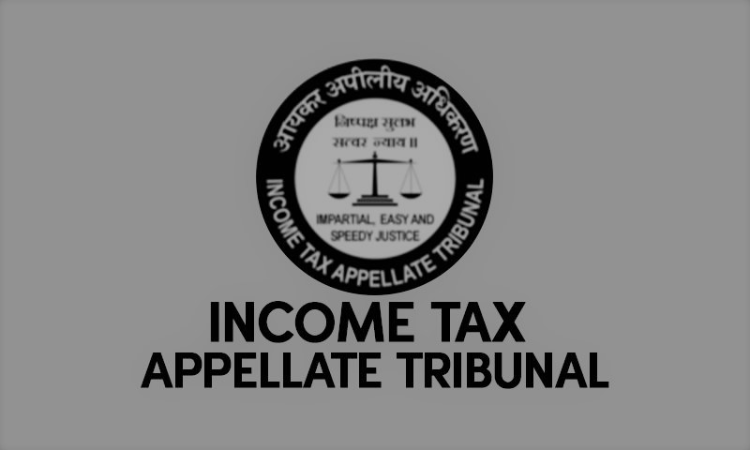Next Story
16 July 2022 9:35 AM IST
The Delhi Bench of ITAT has ruled that the credit received by the assessee under the "Served From India Scheme" (SFIS) is not in the nature of income and that it does not constitute taxable income under Section 2(24) (xviii) of the Income Tax Act, 1961. The Bench, consisting of Yogesh Kumar US (Judicial Member) and Dr. B.R.R. Kumar (Accountant Member), observed that the SFIS credit...

